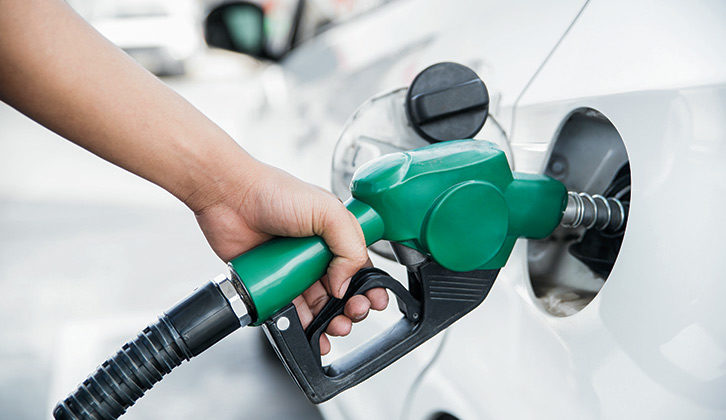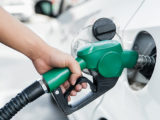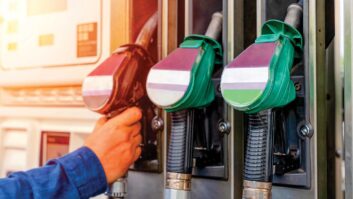RAC Fuel Watch data has revealed petrol and diesel prices rose more in March than any previous month on record – even though Chancellor Rishi Sunak announced a 5p fuel duty cut in the Spring Statement.
A record-high price was hit on 22 March as unleaded petrol reached 167.3p a litre – by the end of the month, the average cost of a litre stood at 163.28p, an 11.62p rise and the biggest increase seen in a single month since RAC records began. The previous record had stood at 7.43p a litre, which occurred in October 2021.
In comparison, diesel increased by a huge 22.06p a litre, reaching a high of 179.9p on 23 March, before dipping slightly to end the month on 177.29p a litre.
The scale of this increase can be seen by the previous worst month for diesel price rises – this was recorded in May 2008, and saw the cost go up by 8.43p a litre.
Rising wholesale fuel costs are behind this rise, which have been further exacerbated by the increase in the cost of oil after the Russian invasion of Ukraine. This saw the price of a barrel rise from $112.99 at the start of March to reach $137.72 on 8 March – a 14-year high.
The RAC has explained that the 5p cut in fuel duty from the Chancellor had little difference as it came on the day oil prices jumped by $6 a barrel. Since this was announced, petrol and diesel prices have dipped by 3.73p and 2.61p respectively.
Commenting on the increases, RAC fuel spokesman Simon Williams said: “Drivers might well be feeling aggrieved that the Chancellor’s ‘historic’ fuel duty cut announced in the Spring Statement just two weeks ago has done nothing to protect them from price increases. A 5p cut in duty should, in theory, have led to a 6p cut in prices at the pumps as a result of the Government taking less VAT – but that is on the basis that wholesale prices stay still, which is hardly ever the case, and retailers passing on their reduced costs to driver fairly. Petrol prices have only come down by an average of 3.73p since 23 March, taking them to a level seen just three-and-a-half weeks ago, with diesel down even less – by just 2.61p on average.”
“The fact pump prices have fallen so little reflects the fact that the cost to retailers of buying fuel had been going up ahead of the Spring Statement. Had the Chancellor temporarily cut VAT rather than fuel duty on fuel, as we asked him to do, the impact on pump prices would have been immediate with drivers benefitting straight away. Cutting VAT would also have gone some way towards shielding drivers from future increases – something a cut in duty just can’t do.”
“Sadly, this Easter – traditionally the biggest getaway time of the year on the roads – is shaping up to be the costliest on record for drivers and there’s very little they can do to escape the high cost of filling up. Seeking out the cheapest petrol stations and driving as efficiently as possible are the best ways of making every pound spent on fuel go as far as possible.”
Image credit: Getty Images/iStockphoto
If you liked this, why not read these:
- On the hunt for a new towing vehicle? We’re taking a look at the best tow cars on the market.
- Wondering how to improve your manoeuvres? We explain how to reverse a caravan.
- We explain caravan weights and measures, so you can tour safely.
If you’ve enjoyed reading this article, why not get the latest news, reviews and features delivered direct to your door or inbox every month. Take advantage of our brilliant Practical Caravan magazine SUBSCRIBERS’ OFFER and SIGN UP TO OUR NEWSLETTER for regular weekly updates on all things caravan related.









